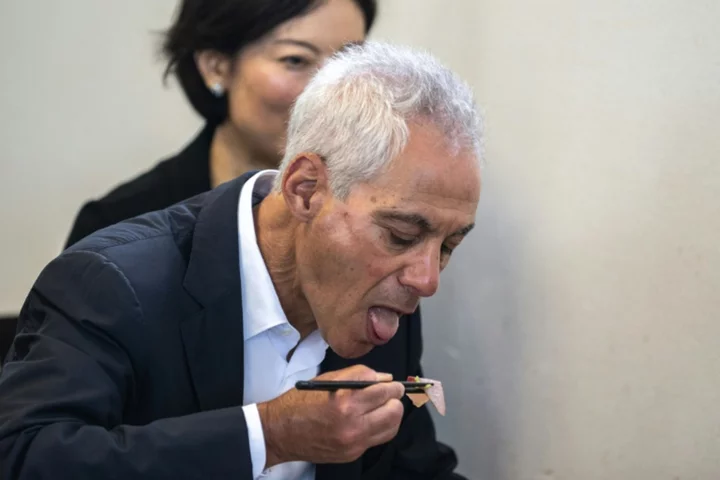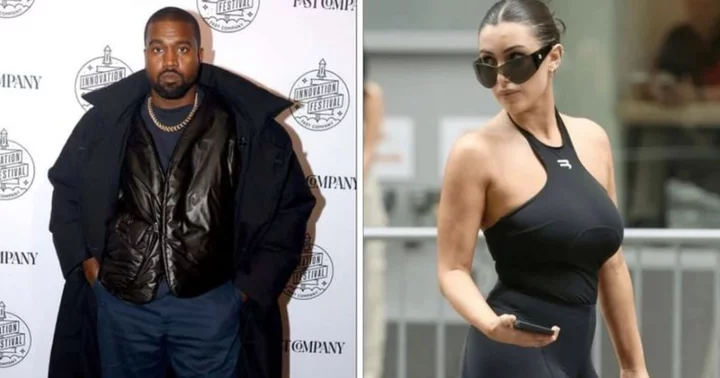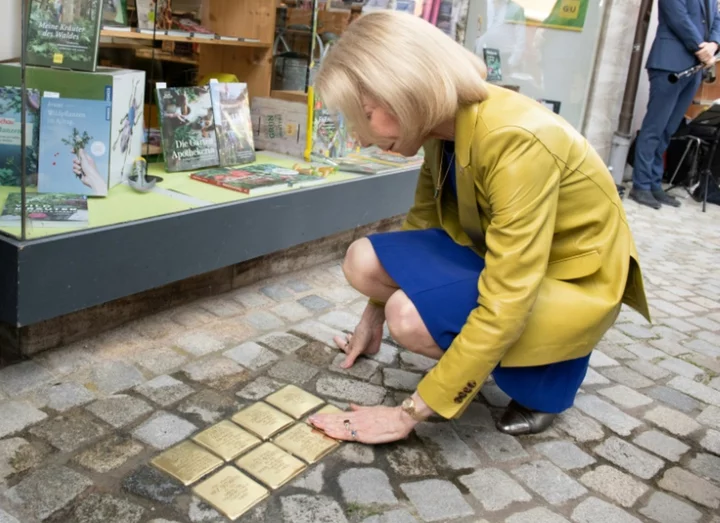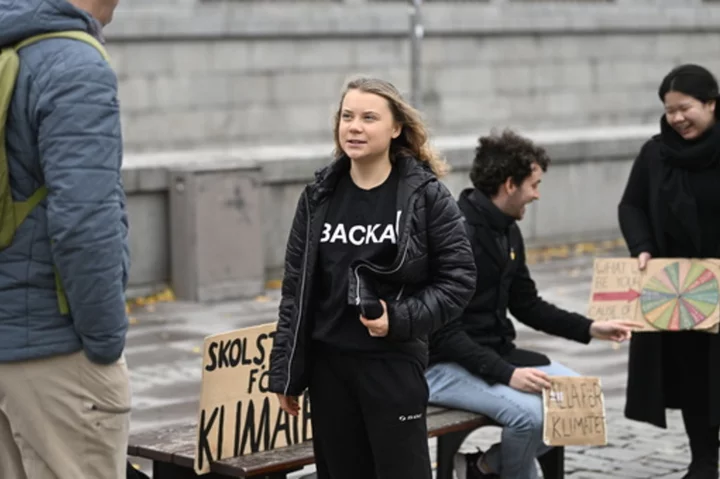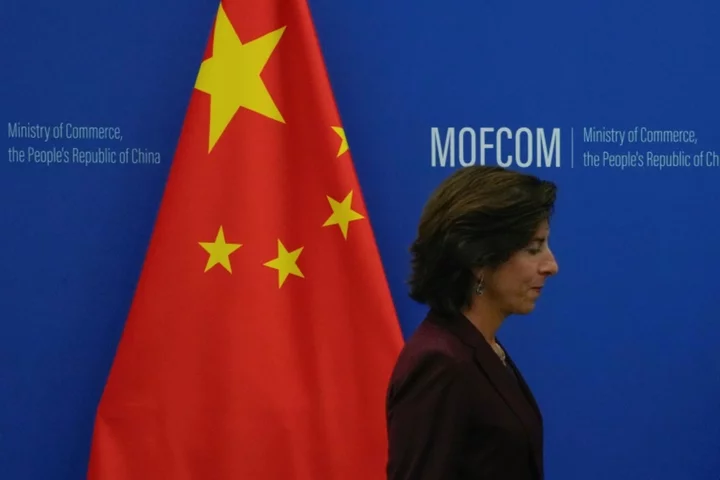The US envoy to Japan feasted on fish from Fukushima on Thursday, saying that water discharged from the crippled nuclear plant was safer than that "dumped" by Chinese atomic facilities.
China banned all seafood imports from its neighbour last week after Japan began releasing wastewater from Fukushima into the Pacific Ocean, accusing Tokyo of treating the ocean like a "sewer".
"Japan over the decade has done exactly the right things in the right way. International scientific rigour, fully transparent, and inviting the international community to monitor their progress cleaning the water," ambassador Rahm Emanuel said as he visited the area devastated by the 2011 tsunami and nuclear catastrophe.
"Water from this area is safer than (the water which) the four plants in China dumps untreated into the ocean," he said.
The water being released from Fukushima has been filtered of all radioactive elements except tritium, according to plant operator TEPCO.
Tritium levels are within safe limits and below that released by nuclear power stations in their normal operation, including in China, TEPCO says.
Emanuel, 63, ate a plateful of raw slices of flounder, tuna and bass at a local restaurant before buying more fish and locally grown peaches from a supermarket.
The public show of support for Japan came a day after Prime Minister Fumio Kishida's office released a video of him consuming fish and other produce from Fukushima.
Emanuel accused China of acts of "economic coercion", "harassment" and "disinformation" against Japan.
"This is all politics, and this has nothing to do with information," Emanuel said.
"Nothing China has done is any way to inform, to educate or to improve people's judgment," he said.
Australia's embassy also offered its support on Wednesday, publishing a video on social media showing its diplomats buying produce from the Fukushima region at a shop in Tokyo.
"Australia has a strong connection with Fukushima," one said in Japanese. "We will continue to support Fukushima," another added.
The release of more than 500 Olympic swimming pools' worth of treated water began on August 24.
Public hostility in China has risen since, with bricks and eggs thrown at Japanese schools and consulates. Businesses in Japan have also been inundated with nuisance calls from Chinese numbers.
Beijing dismissed the "so-called concerns of the Japanese side", blaming instead Japan's "unilateral and forcible" start of the wastewater discharge.
tmo-oh/stu/pbt

